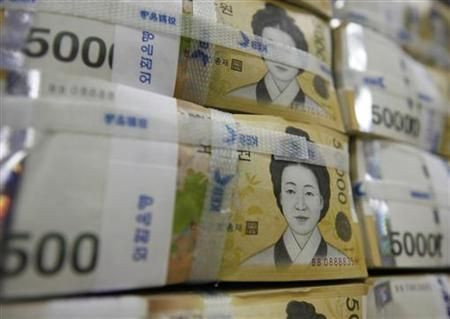South Korea’s Unemployment Rate Steady At 3% In December: Official Data

South Korea’s unemployment rate in December remained unchanged from that in November but added a fewer jobs compared to those in the previous month, moderately raising the optimism that the economy of the country is on the path of recovery.
According to the data released Wednesday by the Korea National Statistical Office, the country’s unemployment rate, which measures the percentage of the total work force that is unemployed and actively seeking employment, rose 3 percent in December, at the same rate as in November. The economy added 277,000 jobs in December, down from 353,000 jobs in November.
This report comes after it was revealed last week that South Korea’s manufacturing activity expanded in December to end the six months of contraction, according to the HSBC Purchasing Managers’ Index, or PMI. The reading of the PMI, a measure of the country's nationwide manufacturing activity, rose to 50.1 in December compared with 48.2 in November.
Last month, the Bank of Korea, or BoK, reported that the country’s economic growth slowed to 0.1 percent in the third quarter of 2012 compared to that in the previous quarter, weighed down by the faltering global economy and the intensifying debt crisis in the euro zone. The economy expanded 0.3 percent in the second quarter, while it rose 0.9 percent in the first quarter.
It was reported last week that the country’s trade surplus fell in December compared to that in the previous month, indicating that the soft global demand continues to weigh on the economic growth of the country. According to the data released by the Korea National Statistical Office, the country’s trade surplus, which measures the difference in value between exported and imported goods and services over the reported period, dropped to $2.03 billion in December from $4.38 billion in November.
The central bank has already noted that the growth in the U.S. has lost momentum and that the euro zone economy is contracting, with the weaker exports to the major economies, in turn, bringing a slower growth in the emerging Asian economy. At the same time, the BoK expects that the economic slowdown will ease and the country’s economy will improve moderately.
In October, the BoK cut the policy rate by 25 basis points to 2.75 percent. Market players sense that the monetary policy should be loosened again sooner rather than later, though the BoK has shown a preference for moving slowly.
© Copyright IBTimes 2024. All rights reserved.





















